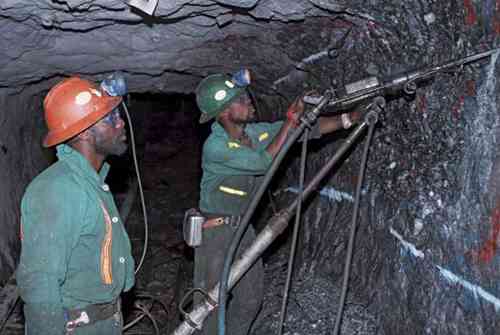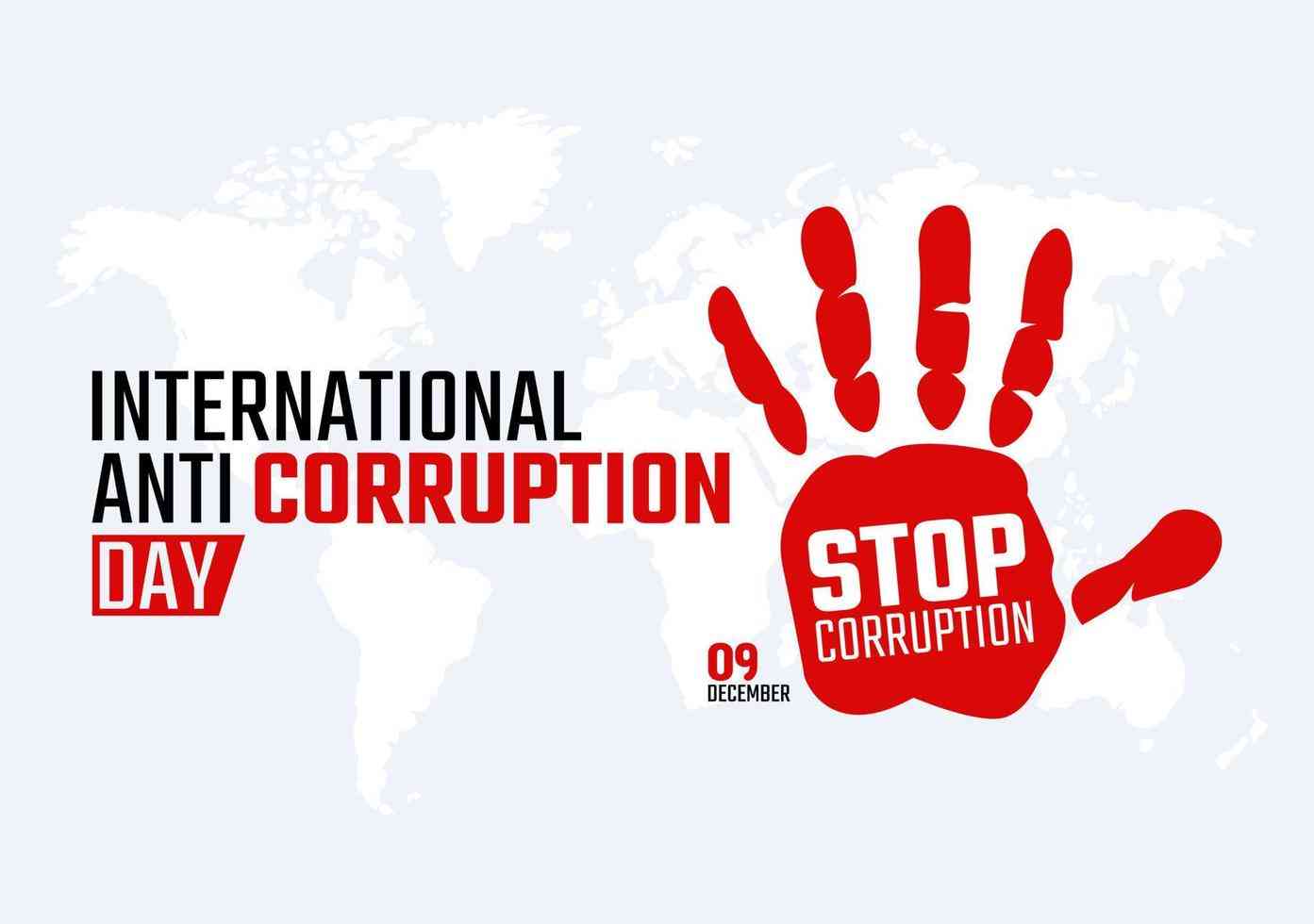
THE Chamber of Mines of Zimbabwe’s 2024 annual conference in Victoria Falls brought together key stakeholders to address the myriad challenges facing the mining sector.
As an organisation representing the interests of big mining companies, it was crucial that they tackle the pressing issues hindering the sector’s growth. Power unavailability, high taxes and policy uncertainties are just a few of the challenges that have been plaguing the industry, causing uncertainty and hindering investment.
It was encouraging to see value-addition and beneficiation taking centre stage in the discussions. These are critical steps towards unlocking the sector’s full potential and driving economic growth.
By exploring opportunities for value-addition and beneficiation, Zimbabwe can move up the value-chain and reap more benefits from its mineral resources. The conference provided a platform for stakeholders to engage in meaningful discussions and find solutions to the challenges facing the sector.
Chinese investors advocated for a clear and stable tax framework in Zimbabwe, arguing that this was essential for building confidence and driving long-term investments in initiatives that promote value addition. They said Zimbabwe’s mining sector has faced issues ranging from fluctuating global prices to stringent regulatory frameworks.
Fiscal policies need to strike a delicate balance, according to the Association of Chinese New Energy Miners. The association said, while ensuring that the nation benefits fairly from its resources, “we must also create a conducive environment that encourages investment and innovation”.
Streamlined regulations, transparent tax regimes and supportive governmental policies can pave the way for sustained growth. It also said clarity and stability in taxation policies will instil confidence and encourage long-term investments in value-addition initiatives.
The association also indicated that the imposition of “unfair” special capital gains tax was detrimental to their operations. The government is charging 20% capital gains tax of the proceeds on transfer of a mining title.
- Tarakinyu, Mhandu triumph at Victoria Falls marathon
- Mines propose fresh power import deal
- Motorist robbed while relieving self
- Andrea The Vocalist, dreams big
Keep Reading
“The investor confidence is low due to uncertainty on policies. Zimbabwe’s regulatory environment for mining and investment has been perceived as challenging, with concerns around policy uncertainty and bureaucratic hurdles,” it said.
It is imperative that the government, mining companies, investors, and other stakeholders work together to address these issues and create a conducive environment for the sector to thrive. By doing so, Zimbabwe can unlock its mining potential, drive economic growth, and create jobs for its citizens. The conference was a step in the right direction, and it is now up to stakeholders to implement the solutions discussed. The mining sector has the potential to be a significant contributor to Zimbabwe's economy, and it is crucial that we get it right.
With collaboration, determination, and the right policies, Zimbabwe can overcome the challenges facing the sector and unlock its full potential. It was encouraging to learn that platinum group metals producers have agreed to utilise excess capacity at Zimplats for toll treatment, fostering collaboration and synergy within the sector. This will go a long way in cutting production costs for producers.











